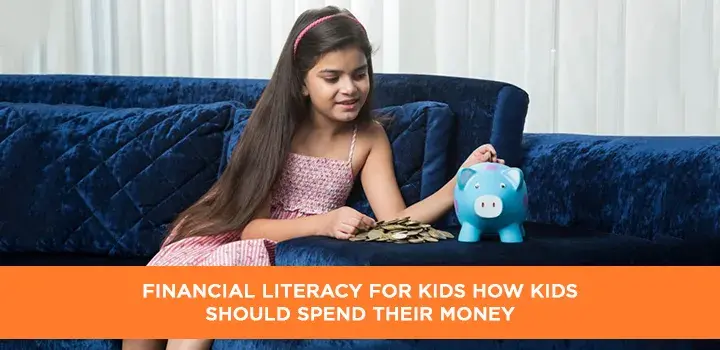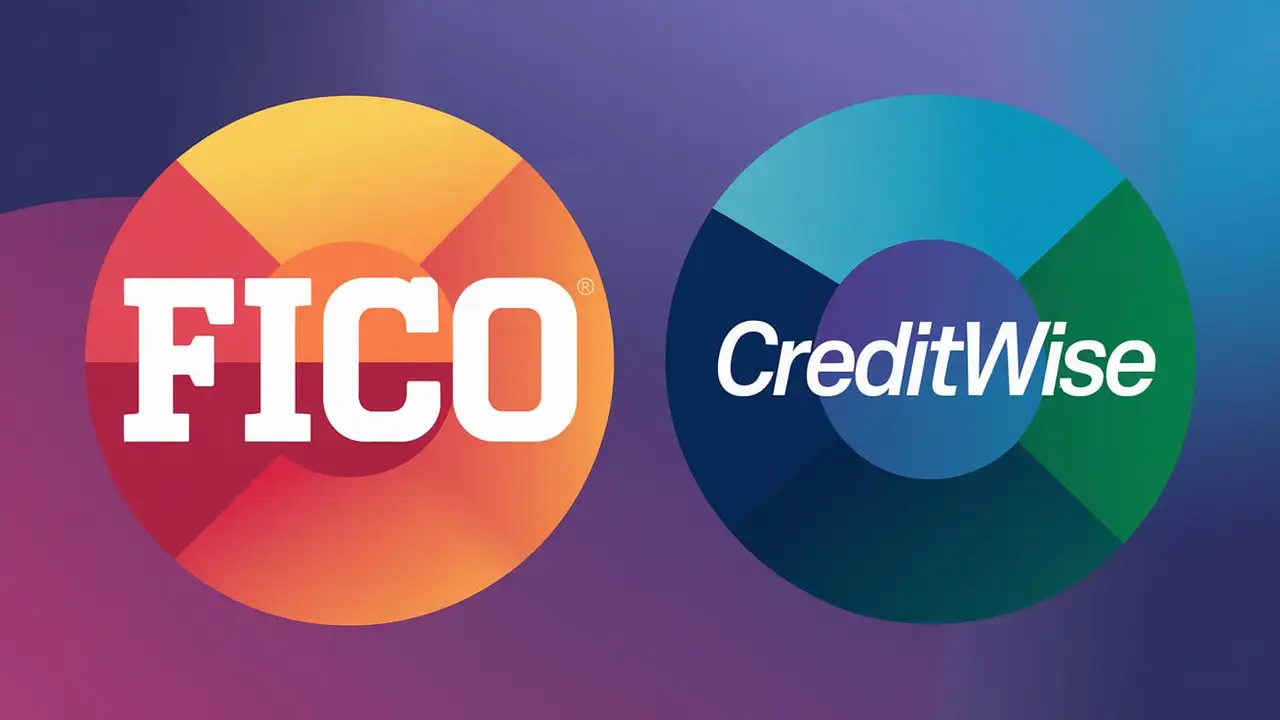-
Posted on: 21 Dec 2022

-
Children nowadays are maturing quicker than they did years before. Young children should learn early on how to handle their money as society is becoming more and more materialistic. Many times, debates on financial literacy for children center on how young people should spend their money. Although there is no one correct response, there are most certainly several incorrect ones!
Here are some of the finest and worst uses for your hard-earned money as a young person. Remember these ideas to help you to make the most wise financial choices.
Top 6 Tips to Financial Literacy for Kids
1. Play games that involve money
Early life financial education for children is essential. One approach to do this is by engaging in financially oriented gameplay. Children will be able to pick up crucial ideas such as budgeting, saving, and income generating from these activities. Your youngster will surely like one of the many games available as there are many distinct ones. Playing these activities will enable your youngster to grow into a responsible adult about money.
2. Make a wish list with your child
During the holidays, wish lists are a great custom to engage your children. It lets people imagine and make plans for everything they want. It may also be a fantastic approach, however, to educate your kids on financial planning and budgeting. Establishing certain rules and restrictions, helps them design a reasonable wish list they can reach. This will teach kids to save for what they desire, not just fantasize about it.
3. Teach while you shop
Parenting calls on you to provide your kid with the finest. This implies early education of children about money and finance. Including financial awareness in daily activities like shopping helps one do this. This will help your youngster to find learning about money entertaining and interesting.
Children pick a lot of financial literacy lessons from seeing their parents spend money, which will benefit them as adults when they have their own! Children also choose knowledge from having a job and receiving their salaries. Therefore, every youngster should be aware of the vital life ability of cautious spending! Learning some fundamental financial ideas can help even very young children!
4. Give an allowance
One excellent approach to teaching children about money is to give them an allowance. It guides their financial saving, spending, and donating practices. Setting certain ground rules is crucial whether you want to provide an allowance. You will have to choose when the allowance will be given and how much money to provide. Your kid will also require a budget created for them. This will enable kids to keep within their means and learn about the expenses of life. At last, make sure your youngster realizes the allowance is for spending money only; it is not for saving or investment.
5. Split money into categories
Your lifestyle may be much influenced by the way you spend your money. One approach to start learning how to handle your money is to divide it into groups. This will enable you to better save for the items you want and monitor where your money is going. There are several methods to divide your money, hence choose one that fits you most. Consider first the sorts of costs you pay each month. You could want divisions for items such as food, utilities, transportation, rent or mortgage payments, and entertainment expenditures. Add any debts or other monthly payments as well as sporadic expenses like Christmas presents or auto maintenance.
6. Involve your kids in major purchases
Major expenditures like a family vehicle or a house usually include kids as well. What about other major expenses, like dining out or planning a family trip, though? Should children have a say over these choices as well? Sometimes parents find it difficult on whether to provide their children freedom and how much to include them in decision-making. These ideas should help you include your children in significant purchases:
- Start early and allow your children to assist you in making little choices like what foods to purchase or what to eat for supper. They will be more at ease weighing in on increasingly significant choices as they age.
- Speak honestly and freely; address any concerns your children may have and justify your decisions.
How Credit Repair Ease helps you in Financial Literacy for Kids?
Credit Repair Ease is a credit company that guides parents in easily understandable financial and credit teaching for their children. To assist children learn how to handle money, build excellent credit practices, and stay out of debt, the firm provides seminars, online lessons, and one-on-one counseling services. Additionally gives parents the tools they need to build positive financial models for their kids, Credit Repair Ease. Early financial knowledge helps children grow up to be financially responsible people.
Call on (888) 803-7889 & Planning about the Financial Literacy for Kids!






